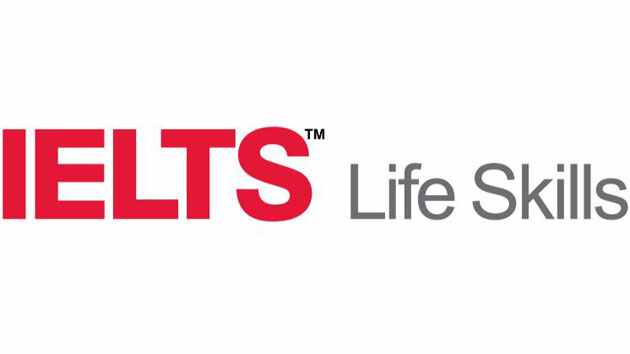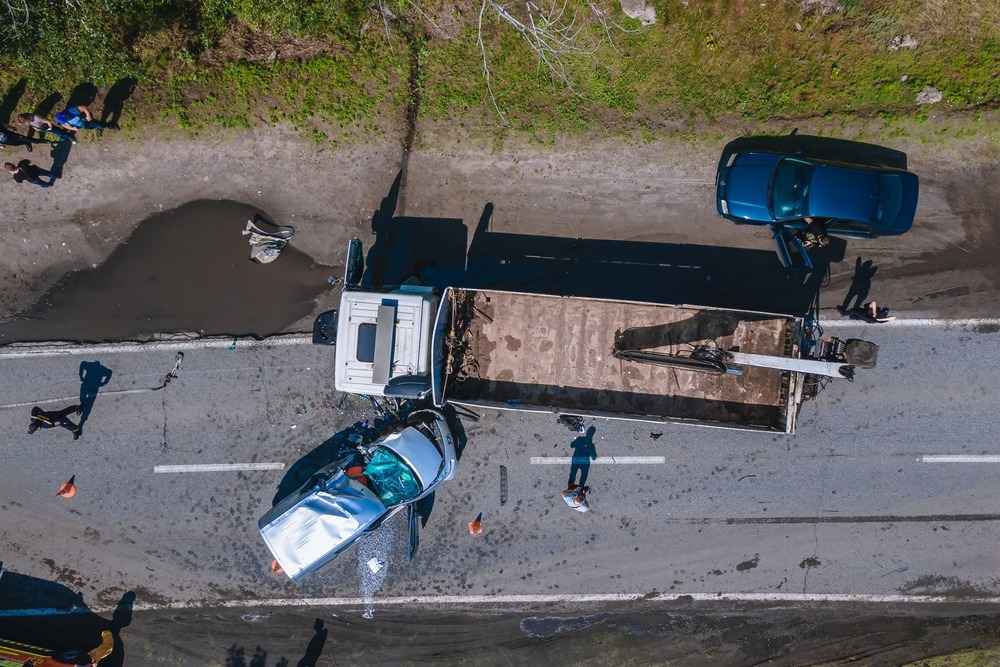Trucking accidents frequently result in severe injuries, substantial property damage, and complex legal disputes. Victims face not only the immediate aftermath of the crash but also aggressive legal teams representing large trucking companies. These corporations routinely employ strategic defenses to reduce or eliminate their liability. That’s why individuals with injuries turn to experienced Minneapolis truck accident lawyers who understand how to dismantle these tactics and fight for rightful compensation.
Shifting Blame to the Victim
One of the most common defenses used by trucking companies is comparative negligence. In this strategy, the defense argues that the victim contributed to the accident in some way, whether by speeding, failing to yield, or not maintaining proper lane discipline. If the trucking company can demonstrate that the victim was partially at fault, it may be able to reduce the amount of damages owed.
Seasoned attorneys counter this defense with thorough investigations and the gathering of evidence. They use dashcam footage, traffic surveillance, eyewitness accounts, and accident reconstruction experts to paint a clear picture of events. The goal is to establish the truck driver's primary responsibility and show that any alleged negligence by the victim had minimal or no impact on the outcome.
Denying the Truck Driver Was an Employee
Trucking companies often try to limit their liability by claiming that the driver involved in the accident was an independent contractor rather than an employee. This distinction is crucial because companies are typically not held accountable for the actions of independent contractors.
Minneapolis truck accident lawyers address this by scrutinizing the nature of the working relationship. They examine contracts, payment records, schedules, and company directives to demonstrate control over the driver’s work—an essential element in proving an employment relationship. Courts frequently side with the victim when it's shown that the company exerted significant control over the driver’s activities.
Claiming Mechanical Failure as an Unforeseeable Event
Another defense is that the accident occurred due to an unexpected mechanical failure, such as brake malfunction or tire blowout, absolving the company of negligence. The implication is that the company maintained the vehicle properly, and the failure was beyond their control.
Lawyers challenge this by requesting maintenance records, inspection logs, and repair histories through the discovery process. If it is revealed that the truck missed scheduled maintenance or had unresolved mechanical issues, the argument collapses. The Federal Motor Carrier Safety Administration (FMCSA) requires strict maintenance protocols, and failure to meet these can serve as powerful evidence of negligence.
Arguing the Accident Was Inevitable Due to Weather
Trucking companies may claim the crash was unavoidable due to adverse weather conditions. While it’s true that weather can be a contributing factor, professional drivers are expected to exercise greater caution during inclement conditions.
Legal teams counter this by establishing that the driver failed to adjust to weather-related hazards. If the truck was traveling at a high speed during a snowstorm or if the driver didn’t take necessary precautions, the defense of an inevitable accident doesn’t hold up. Attorneys may also reference weather alerts and the driver’s decision to continue operating the vehicle under dangerous conditions, showing a disregard for safety.
Hiding Behind Complex Insurance Structures
Trucking companies often establish multiple layers of corporate entities and insurance policies to confuse claimants and delay payouts. This tactic is intended to make it difficult for victims to identify the responsible parties or locate sufficient insurance coverage for damages.
Skilled attorneys unravel these structures by identifying all potentially liable parties, including the trucking company, vehicle owner, cargo loader, and third-party maintenance contractors. Once all entities are identified, lawyers pursue multiple avenues of liability to ensure full and fair compensation is pursued. This often involves intensive document review and legal discovery, but the results can lead to much higher settlements or awards.
Minimizing Injuries and Damages
Another common approach is to downplay the severity of the victim’s injuries or argue that the injuries existed before the accident. Insurance adjusters and defense attorneys may use medical records out of context or suggest that treatment was excessive, potentially misrepresenting the actual treatment provided.
Attorneys beat this strategy by working with medical experts who can validate the origin and extent of the injuries. They ensure that all treatment is well-documented and directly linked to the crash. Additionally, lawyers can bring in economists and vocational experts to calculate long-term impacts, such as lost earning capacity and future medical expenses, thereby strengthening the client’s case for damages.
Using Delays as a Legal Weapon
Delaying proceedings is a quiet but effective defense tactic. The goal is to wear down the victim emotionally and financially, forcing them to accept a lowball settlement. Delays can manifest in several forms, including slow responses to discovery requests, frequent rescheduling, and procedural objections.
Minneapolis truck accident lawyers anticipate these tactics and take proactive measures to ensure the case progresses smoothly. They can file motions to compel, request sanctions for unreasonable delays, and use pretrial deadlines to force accountability. Courts tend to look unfavorably on parties who abuse procedural rules to stall justice.
Leveraging Favorable Jurisdictions
Large trucking companies may attempt to shift the venue of a lawsuit to a jurisdiction with laws more favorable to defendants. This venue shopping tactic can limit potential damages or impose stricter burdens of proof on plaintiffs.
Lawyers often beat this by filing in the most appropriate jurisdiction, typically where the accident occurred or where the trucking company is based. If the defendant challenges the venue, attorneys argue for keeping the case local, emphasizing the convenience for witnesses and relevance to the community. Courts often agree that local cases should be tried in local courts, especially when the crash directly impacted local residents.
Enforcing Arbitration Agreements
Some trucking companies insert arbitration clauses into shipping contracts or employment agreements, attempting to force personal injury claims out of court and into private arbitration. These proceedings often favor corporations and limit the rights of victims.
Experienced attorneys challenge the validity of arbitration clauses, particularly when the injured party did not sign the agreement or was unaware of its existence. In many cases, courts find these clauses unconscionable or inapplicable to personal injury lawsuits. As a result, victims retain their right to a jury trial.
Conclusion
Trucking companies use a wide range of defenses to protect themselves from liability after an accident. However, with the help of experienced legal professionals, these strategies can be effectively dismantled. From challenging employment claims to disproving mechanical failure arguments, truck accident lawyers ensure that victims have a fair chance at justice and full compensation. For anyone facing a trucking company’s legal team, working with an attorney who knows how to beat these defenses is not just beneficial—it’s essential.

.jpg)




